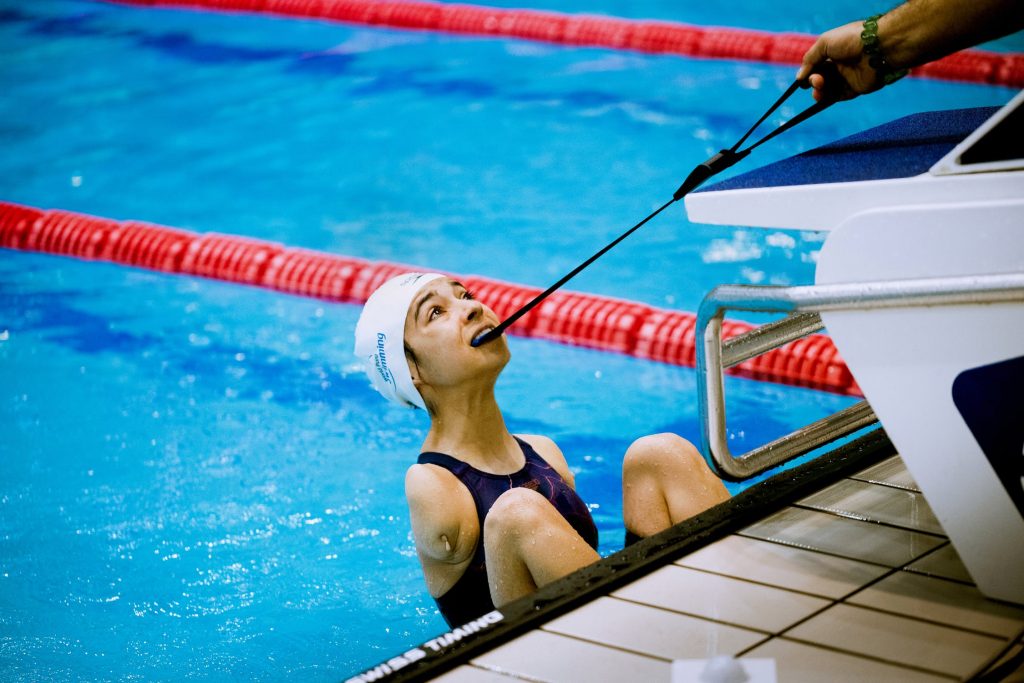10,000 Hour Rule
The “10,000-hour rule” – the notion that 10,000 hours of practice are needed to become an expert in any domain (including sport) – is based on a 1993 study of violinists. But new research replicating the 1993 study could not verify the results. The amount of practice accumulated did not correspond to skill level.
She Belongs
Creating a positive social environment that intentionally fosters a sense of belonging is integral to the retention of girls in sport and physical activity. Canadian Women & Sport’s new She Belongs resource offers practical recommendations for coaches and program leaders focused on building a positive culture, creating an inclusive and safe environment, connecting girls with…
Nutrition Month
March is Nutrition Month. The benefits of proper nutrition for athlete training and performance are well established, however, the role of nutrition is often overlooked as a support for sport concussion recovery. Learn about the importance of hydration, omega 3 fatty acids, creatine, polyphenols and vitamins to concussion recovery in the SIRCuit.
Healthy Sleep Hygiene
Research clearly demonstrates the negative effects of sleep deprivation on athletic performance, including reduced reaction time, accuracy, submaximal strength, and endurance. Cognitive functions such as judgment and decision-making also suffer. Check out this infographic for tips on healthy sleep hygiene.
Youth Hockey Drafts
Research from the University of Alberta finds when it comes to drafting in hockey, character matters. Leadership and a willingness to put team goals ahead of personal ones can make youth hockey-hopefuls stand out in the eyes of top scouts.
Bringing Research to Life: Lessons from the Canadian Paralympic Committee

Data driven. Evidence informed. Research to practice. No matter how you say it, a lot of us in the sport system are trying to figure out how to ensure the decisions we make are consistently based on the best possible information. But what does that mean? How do we make the best choices when we…
Special Olympics Healthy Athletes Program
The 2020 Special Olympics Canada Winter Games start today in Thunder Bay, Ontario. The international Healthy Athletes program includes a range of screenings that support a holistic approach to health, reducing the risk of preventable secondary health condition such as obesity, nutritional deficit, untreated or poorly treated vision, dental, hearing and podiatric problems. Learn more…
9 Nutrition Staples
Information on optimal nutrition for athlete development and performance can be tricky to navigate. However, research suggests there are nine “staple” foods proven for performance gains, a sharper competitive edge, and improved general health. Do you agree?
Concussion Awareness in Community Sport
Alignment among grassroots clubs across Canada can be challenging. The Ottawa Sport Council and Sport Manitoba are both addressing concussion awareness at the community sport level. For these mostly volunteer-run organizations, having access to evidence-informed concussion resources is helping to inform coaches and protect athletes.
Student-Athlete Health
Alcohol misuse represents an important mental health issue for student-athletes – even moderate consumption can have negatively impact athletic and academic performance. Research has shown an athlete’s perception of their coach’s approval of alcohol use was strongly associated with drinking behaviour.